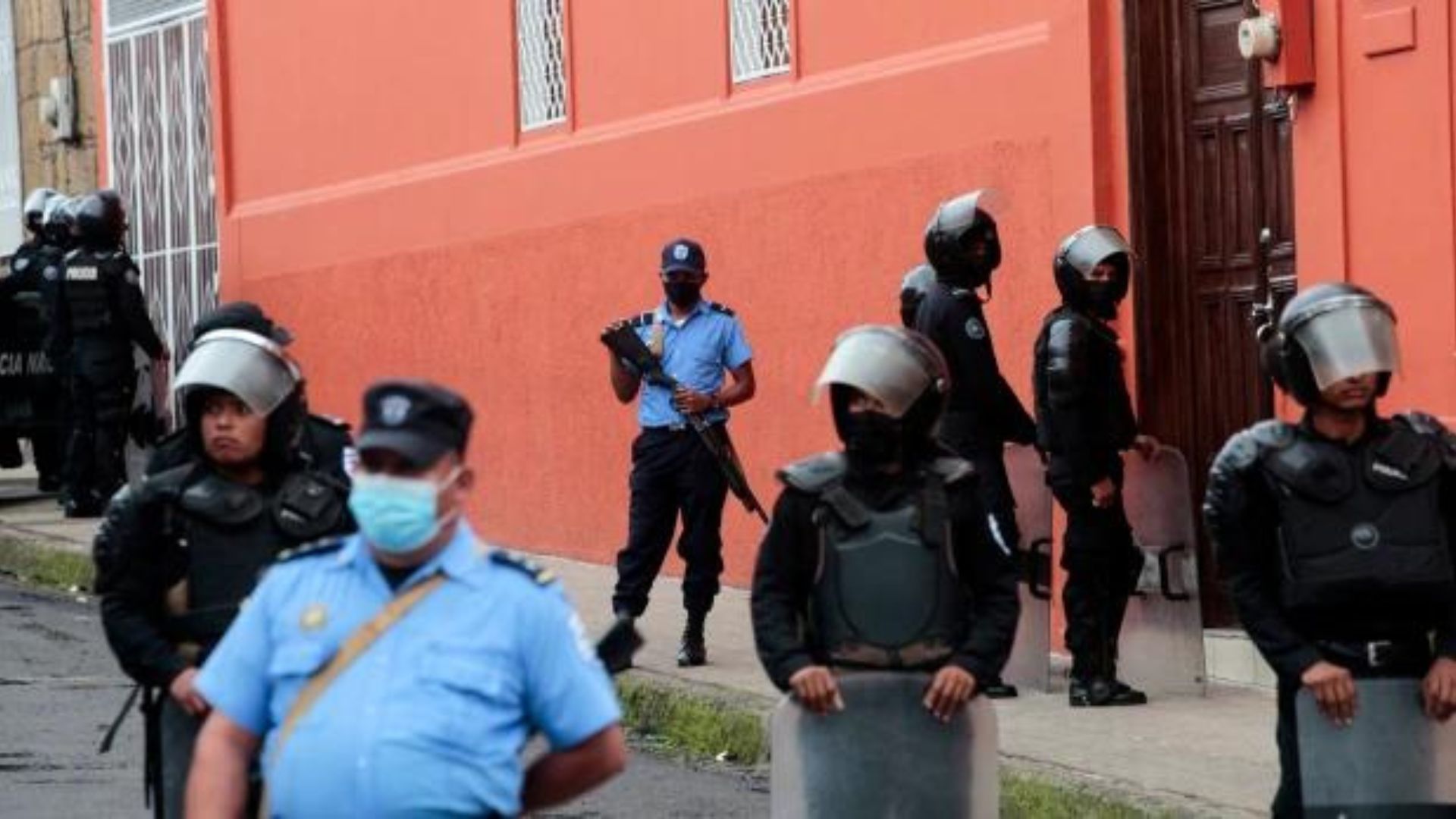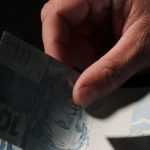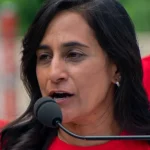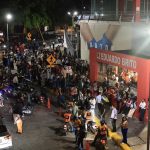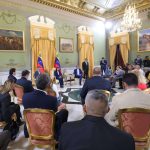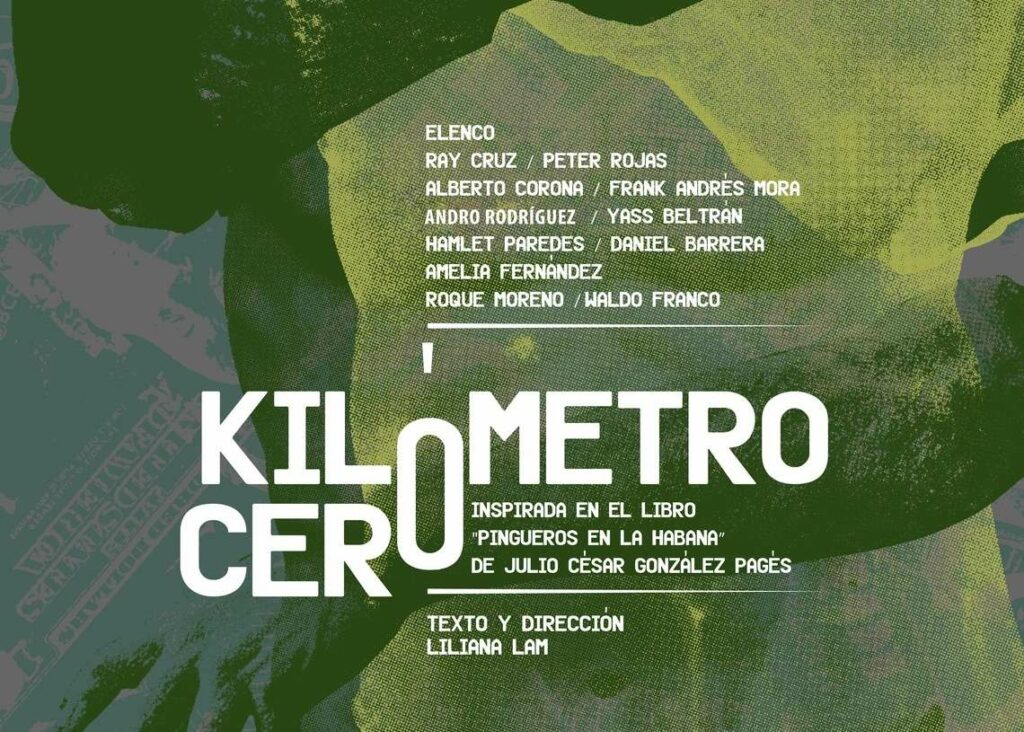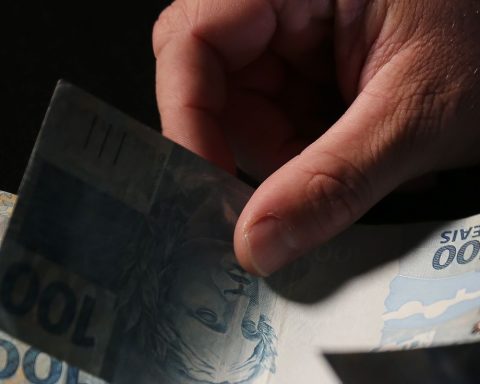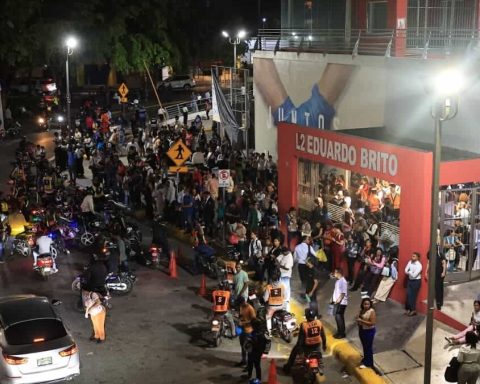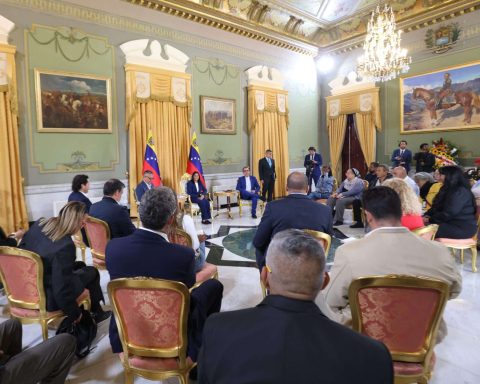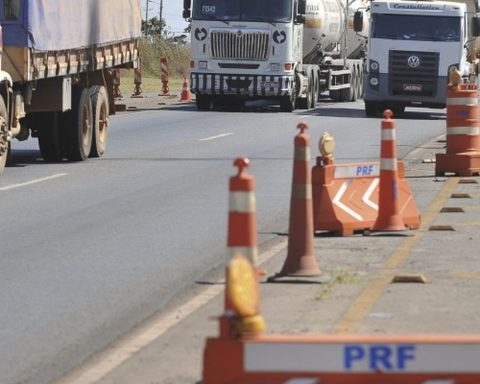The United States Commission for International Religious Freedom (USCIRF) recommended imposing specific sanctions on the institutions and officials of the regime of Daniel Ortega and Rosario Murillo responsible for violence and other punitive actions against places of worship, religious leaders and organizations,
In their 2022 annual report they explain that these sanctions would be the freezing of the assets of these people; the prohibition of their entry to the United States under laws related to human rights and the denial of visas, citing specific violations of religious freedom.
In addition, USCIRF urged the United States Government to “collaborate and encourage” multilateral organizations, such as the Organization of American States (OAS), to monitor and investigate violations of religious freedom that occur in Nicaragua and work to identify the property of persons and the prohibition of their entry into the United States.
Related news: The US denounces violation of religious freedom in Nicaragua
The Commission insists that said sanctions against Ortega institutions and officials must be for perpetrators of violations of religious freedom. In addition, the repeal of repressive laws such as the Law for the Regulation of Foreign Agents should be sought, which has led to the cancellation of hundreds of non-governmental organizations.
It also recommends that the United States Congress “continue raising concerns about human rights and democracy in Nicaragua and draw attention to religious leaders and organizations silenced by the Ortega regime.”
Finally, it asks the Government of Joe Biden to keep Nicaragua on the Special Watch List of the US State Department for committing serious violations of religious freedom. On November 15, 2021, Nicaragua entered the list for the first time, under the dictatorship of Ortega Murillo.
The Church and the Ortega Murillo regime have had no relations since 2018, as a result of the mediation of the bishops in a failed national dialogue. The dictatorial couple ordered the arrest of more than a dozen religious and lay people that they later sent into exile, three of whom remain hostages of conscience, including Monsignor Rolando Álvarez, Bishop of Matagalpa.
